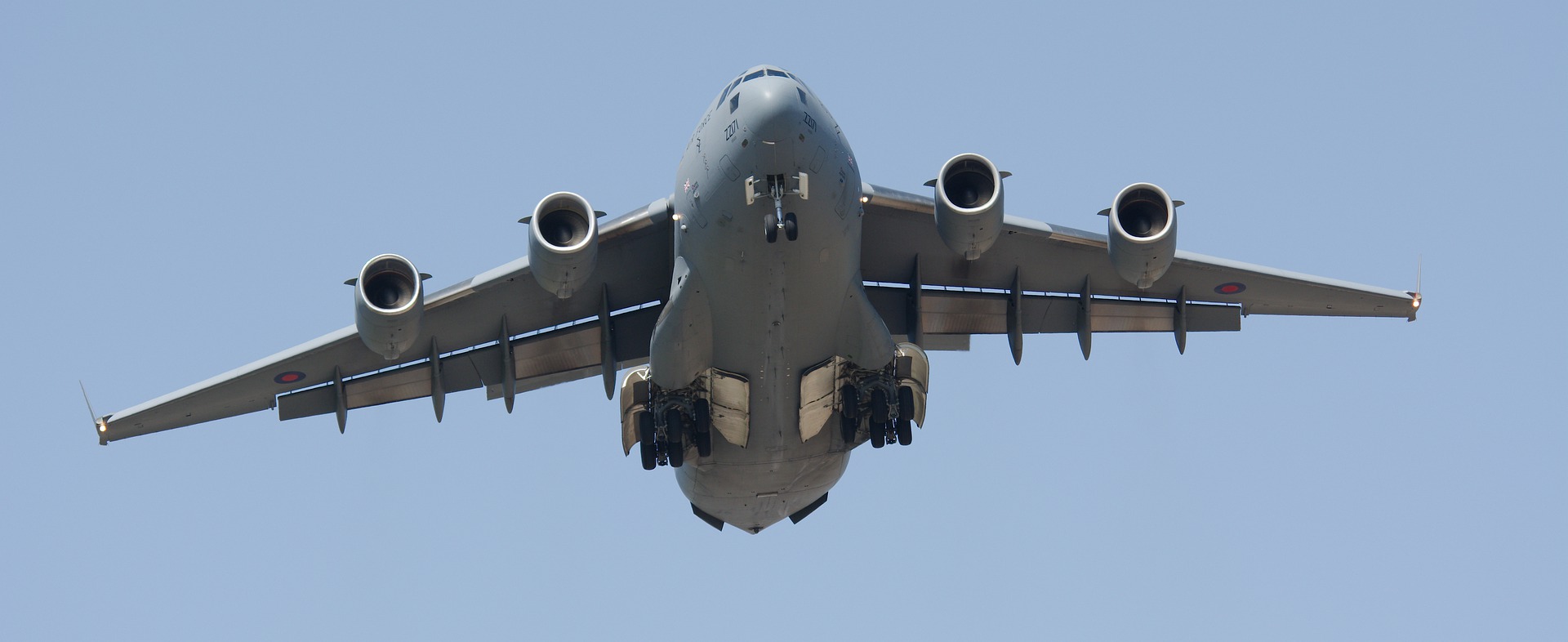Daniel Keohane (DCU)
At the recent British Conservative Party Conference, new UK Foreign Secretary Liz Truss did not mention “Europe” – let alone the EU, France, or Germany – once in her speech, instead focusing on a “network of liberty” with partners around the world.
Her speech followed the recent announcement of the AUKUS deal, an agreement between Australia, the US, and the UK to develop nuclear-powered submarines together. The AUKUS deal has greatly upset European neighbour France, which had a long-standing contract to build submarines for Australia and is a crucial military ally of the UK – and an EU member which has been very firm on Brexit negotiations. Truss, however, presented the AUKUS deal as further evidence of “Global Britain”.
But Truss did mention NATO, a transatlantic military alliance that is crucial for the defence of its European members. Moreover, in a major British government review of foreign, security, defence, and development policies, published in March 2021 and known as the “Integrated Review”, it stated that “Our commitment to European security is unequivocal, through NATO, the Joint Expeditionary Force and strong bilateral relations.” There is good reason for this statement, the review added:
“The precondition for Global Britain is the safety of our citizens at home and the security of the Euro-Atlantic region, where the bulk of the UK’s security focus will remain.”
In other words, European security is the first regional priority for British defence policy, and by some distance, even if London wishes to develop a stronger military role in the Indo-Pacific (or elsewhere). Most British strategic thinkers are aware that geography sometimes has a habit of biting political ideology in the backside.
What has been overlooked in much of the public debate, with the current British government’s “Global Britain” boosterism that tends to eschew “Europe”, is the ongoing major UK commitment to NATO’s defence in Europe against a revisionist Russia, especially in Central and Eastern Europe. As British defence experts Richard Whitman and James Rogers have pointed out:
“Not only does the UK provide more troops to the North Atlantic Treaty Organisation’s (NATO) Enhanced Forward Presence (EFP) than any other ally (including the US), but it is also present through the EFP in more allies than any other ally.”
They also point to a growing presence in the Black Sea and deepening military cooperation with ten Northern European states via the Joint Expeditionary Force (JEF). In addition, the UK is active across Europe’s turbulent neighbourhood, for instance, British soldiers are supporting French-initiated United Nations efforts to counter Islamist terrorists in Mali.
Furthermore, to play a global military role, the UK will nearly always need the help of others, due to cuts in British defence spending and equipment over the last decade (although some cuts are now being reversed). For example, on October 7th a British aircraft carrier led a carrier group exercise, made up of American, Dutch, and Japanese ships in the Philippines Sea, partly to remind China of the “freedom of navigation” in international waters.
True, supporting the global military role of the US remains broadly instinctive in UK strategic thinking, in part to keep the US engaged in European security at NATO, but that can also bring major challenges. Consider, for example, some British expert reactions to the messy US-led withdrawal from Afghanistan in August. Michael Clarke, the former Director-General of the Royal United Services Institute (RUSI), a leading security and defence policy think tank in London, wrote on August 16th that:
“The UK’s Afghanistan experience…speaks to a generation of political leaders who have too easily fooled themselves that being Washington’s most reliable military ally constitutes in itself an effective national strategy. Such a relationship may be one element of an effective strategy, but it cannot simply be the strategy.”
Some British military investments, especially two new aircraft carriers, have been politically touted as evidence of “Global Britain”. But this overlooks that those same capabilities are just as useful in and around Europe as they are across the Indo-Pacific. HMS Queen Elizabeth, currently in East Asian waters, first sailed to the Mediterranean, launching F-35 jets to conduct airstrikes against Islamic State terrorists in Iraq – its first ever combat mission.
There remain some serious resource challenges for sustaining the strong British military commitment to NATO defence in Europe. Francis Tusa, a British defence journalist and analyst, reported on October 4th that the ability of the British Army to generate a planned high readiness armoured mechanised brigade for NATO in 2024 is looking less likely. But those resource challenges apply to global ambitions too. And it should not be assumed that a desire to play a more global role will automatically reduce Britain’s commitment to European security. The evidence so far suggests that, if forced to choose, the UK will prioritise European security.
Rather, for all the British government’s sloganeering of “Global Britain”, on defence policy the UK will be more a quiet European.
Daniel Keohane is a Senior Research Fellow at Dublin City University.
The views expressed in this blog reflect the position of the author(s) and not necessarily that of the Brexit Institute Blog.



